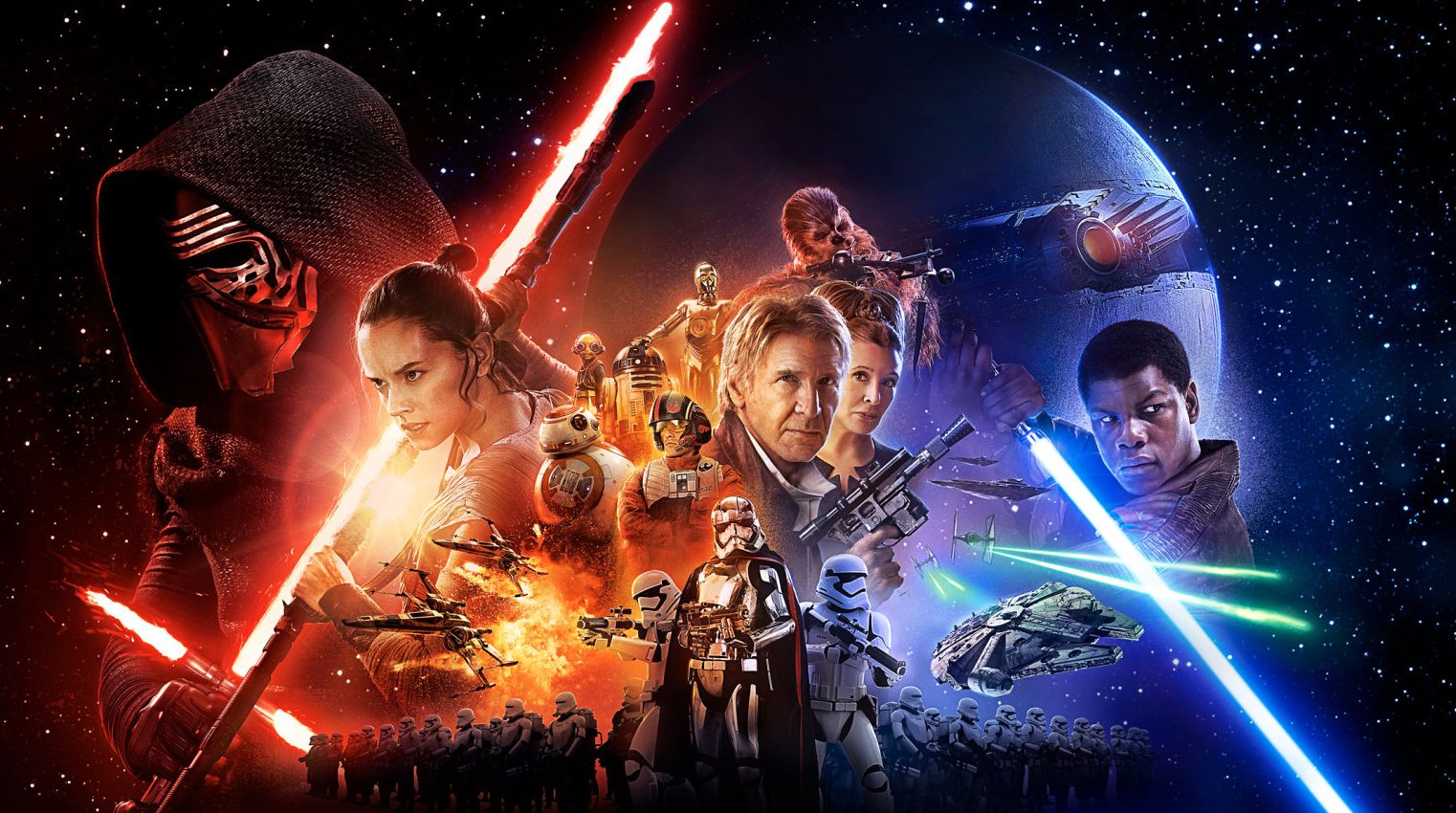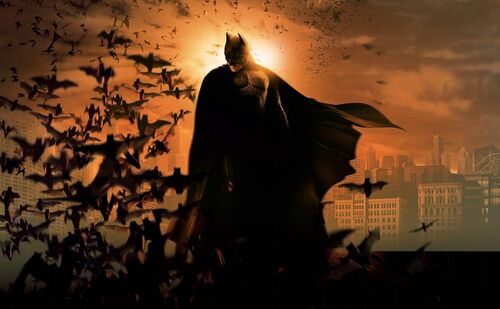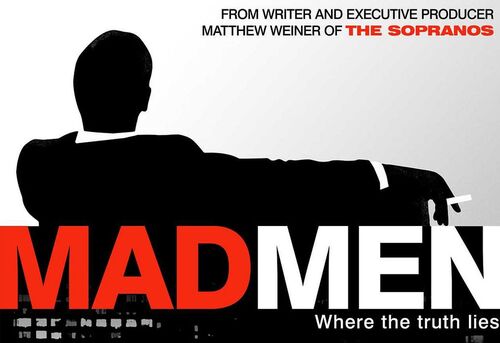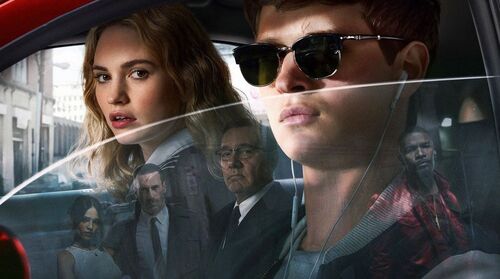
Star Wars: The Force Awakens - A Cultural Icon Returns to its Former Glory
 J.J. Abram corrects the identity of the galaxy-spanning adventure franchise, parting ways with needless narrative elements to present a refreshingly simple tale of three young characters thrust into the endless feud between the dark side and the light.
J.J. Abram corrects the identity of the galaxy-spanning adventure franchise, parting ways with needless narrative elements to present a refreshingly simple tale of three young characters thrust into the endless feud between the dark side and the light.
Star Wars: The Force Awakens closely resembles the beloved trilogy from all those years ago, paying homage to them but expanding on the mythology to carve a new path for the space opera epic.
Kicking off with an engaging opening sequence, the film moves to reaffirm the world it exists in when we meet Rey (Daisy Ridley) in the sand dunes of the planet Jakku, reminiscent of Tatooine. The similarities between this and the setup for A New Hope are deliberate, even if a little overt. And yet, Rey becomes a character realistically thrust into the world of the force, exhibiting fearfulness and intrigue and selling it with captivating appeal. She offers a promising new idol for young cinema-goers to look up to.
Ridley, John Boyega as rogue Storm Trooper Finn, and Oscar Isaac as Poe Dameron all offer engaging and relatable performances, playing roles designed to invite a new generation into the Star Wars phenomenon.
Finn and Rey are both charming, humorous and, most importantly, very human. They laugh and cry and fear, and it makes their occasional jubilance a victory their audience can feel and share. The feelings between them are very much in line with adventure comradery of years gone, a connection stemming from how they were perceived as well as how they perceived themselves in the world they were born into.
Isaac is given far less of an opportunity to stand out. After immediately reeling us in with charm and wit in the film's opening scene, he plays a much smaller role. By the credits, his presence feels intended only as a connection to grip our attention to the fighter pilot action during the film's climax. He essentially represents the idealistic, heroic leader that doesn't need a whole lot of work, and Isaac was certainly the man to insert gravitas into an otherwise straight forward character.
Adam Driver plays Kylo Renn, a villain who is delightfully sympathetic. The character is given a range so far advanced of Hayden Christensen's stale performance of the declining hero in episodes I and II, and Driver is commendable in the role. The Darth Vader devotee fails however to feel like a true threat from around the midpoint, and instead his weapon is more of a toy a child happened to find.
Still, his ties to the story and the history are fascinating. And Abrams is clearly interested in drawing our attention back to the old while introducing the new. Carrie Fisher and Harrison Ford bring Leia and Han Solo back in roles that could have been purely nostalgic. Instead, it remains meaningful and heartfelt, further indication that Abrams cares just as much about the people as he does the galaxy.
As much as episode VII is a love letter to the original trilogy, it makes just as much of an effort to tear it down in order to build something fresh. It's a reminder of what was once, and still is, a treasured cinematic achievement, but it's also promising groundwork for a future open to plenty of interpretation that will, hopefully, be utilised.
The plot of the film is an ever evolving one. It rolls and grows as the run time wears on, more sporadic than episode IV and perhaps on the same level of scope as episode V. Being likened to The Empire Strikes Back is perhaps not a feat itself, but its level of quality that matches and maybe even exceeds that of episode V certainly is.
Evolving plot lines do not detract from the fact that the simple premise allows for its characters to emote more in their allotted time than any character managed in the prequels. It's focus is on creating a small, young group of heroes and sending them on a genuinely fulfilling adventure. This leaves behind the tiresome political angles and painfully obsessive and single-minded visual demands of a once visionary director, returning a beat to the franchise's heart.
The visuals here instead are dynamic, stunning, and as strange as they appeared the first time around. But the emphasis isn't on these fantastical elements. The bizarre settings, the aliens, the masks and armour and costumes all exist as part of the world (or galaxy) and attention isn't wasted on these facets. Instead, they're backdrops to the events we're investing in.
Along with the sights so unique to Star Wars, the familiar sounds return both in-film and outside of it. The soundtrack of course comes from the work of John Williams, whose scores for the franchise are an integral part of its identity. Here, he manages to retain those classic sounds but revels in crafting new ones. His work, particularly for Rey's theme, immediately captures the essence of each new character.
Relationships are built so that they can flourish in the coming episodes, but perhaps a flaw of the genre than of the film is that the characters felt rushed into their fondness of one another. Poe and Finn become best pals after a five minute escape mission, and Finn and Rey become so close each character seems a tad desperate and lonely in hindsight. That along with the occasional plot convenience doesn't falter the film in any harmful way.
Characterisation, within and outside of those relationships, is something that isn't brushed aside (even if it is at times fast-forwarded). If the introduction of a central female character doesn't excite audiences, it'd be a shame. And yet, on the antagonistic side of things there are characters of potential introduced purely for the purposes of the sequels to come. This leaves plenty on the plate for us to long for, but damages episode 7 as an entity all its own.
Though, considering the closing of the film, it seems creating standalone's within the trilogy is less of a priority. Abrams has set the path for the remainder of the trilogy, and after a reintroduction that reaffirms the original trilogy's standing as one of the greatest of all time, he prepares a new stage for new performers to perform on.
The franchise has always had a close eye on bloodlines, on heritage that promises greatness for some but also pain for others. The Skywalker story felt open and closed following the completion of the six-part saga, but it continues smartly in ways that aren't nearly as predictable as they could have been.
If The Force Awakens is only faulted for its relationship with the originals, then it can be classed deservedly as a triumph. Without rewriting any books, it rekindles the belief that blockbuster and sequel films can maintain artistic quality. Disney and Abrams have managed to pull off what many thought impossible. It matches the hype, and exceeds expectations. The applause when the credits rolled was a fitting footnote for a satisfying reemergence of a pop culture phenomenon.


